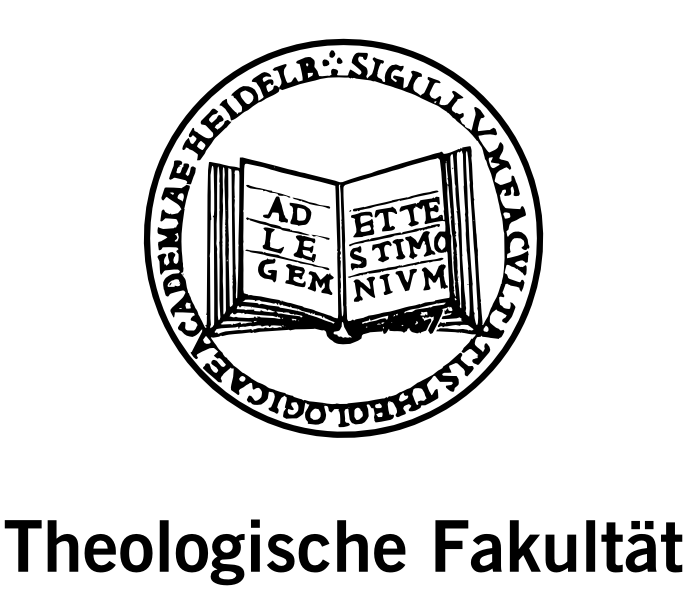1st Summer School of Digital Humanities: Distant Reading - Potentials and Applications
Goals
|
“Like it or not, today’s literary-historical scholar can no longer risk being just a close reader: the sheer quantity of available data makes the traditional practice of close reading untenable as an exhaustive or definitive method of evidence gathering. Something important will inevitably missed.” (Matthew L. Jockers, Macroanalysis (2013), p. 7)
“It’s a moment of euphoria, for quantitative literary history: like having a telescope that makes you see entirely new galaxies. And it’s a moment of truth: so, have the digital skies revealed anything that changes our knowledge of literature?“ (Mark Algee-Hewitt et al., Canon/Archive. Large-scale Dynamics in the Literary Field (2016), p. 1) |
Machine-based methods have increasingly been enabling researchers to process enormous amounts of data (‘big data’) and to provide fundamental new insights, supporting or refuting findings based on traditional close reading methods. But what conditions must be met to facilitate such analyses? How do methods of digital text mining (distant reading – macroanalysis – stylometrics) differ? In which areas of text-based research is distant reading applicable (discourse analysis, network analysis, sentiment analysis, authorship attribution, topic modelling, etc.)? What is the relationship between distant and close reading? What tools are currently available for state-of-the-art research? What may be possible in the future? And finally, what are the benefits of quantitative methods for text mining and where are their limits?
The Heidelberg Summer School of Digital Humanities intends to promote the dialogue between scholars from the humanities and computing specialists in Heidelberg. This year’s field of focus is text-based analysis. In a four-day intensive programme, summer school participants will gain an overview of the various possibilities distant reading opens as well as learn about recent developments in the field. At the same time, participants are welcome to present their own projects applying digital methods for textual analysis. They will thus be given the chance to join the debate about opportunities and challenges of distant reading and actively engage in assessing shortcomings and needs and developing future utilization concepts.


